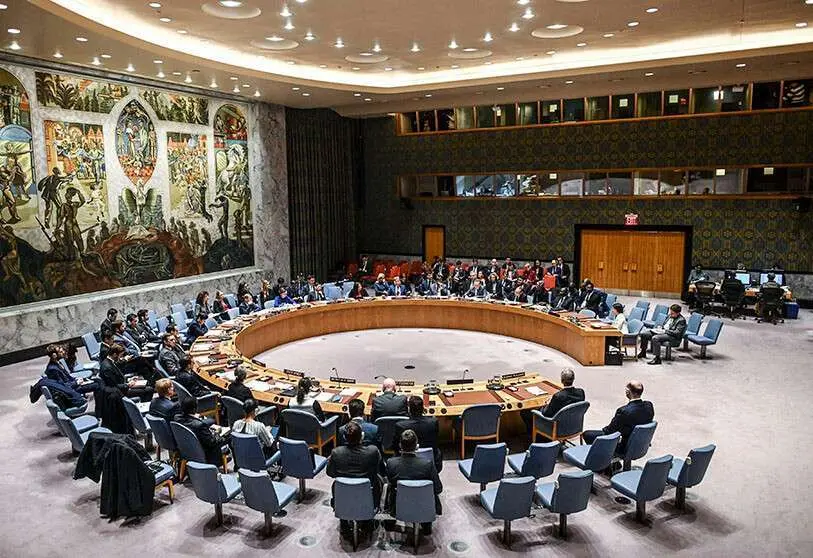COVID-19 forces a rethink of all international organisations

The pandemic caused by COVID-19 has put the need to reorganise international institutions and renegotiate new agreements between nations on the agenda. The UN, the European Union, the International Monetary Fund, all regional and multilateral organizations, in their current form, have reached their expiration date. The absence of US leadership in this crisis has taken away the legitimacy of the dollar as the mandatory reference currency; the disarticulation of Europe, Brexit and the countries that will follow in their footsteps is a mortal blow to European unity; the total absence in the crisis of the African Union, the Arab League, Asian ASEAN or the American OAS forces the countries that make up these organisations to reformulate their alliances and agreements.
Once the pandemic is under control, which unfortunately will still kill hundreds of thousands of people, each country will have to face its own reconstruction due to the catastrophe generated by the coronavirus, and together face a very uncertain future.
A sobering lesson is that there has been no global leadership, and that there is a need to prevent future and perhaps more dangerous pandemics, which may be an undetectable computer virus that will collapse the international system by providing a global executive structure. The UN can fulfil this role, provided that new statutes are adopted and the Security Council is reorganised or abolished by creating other area-based executive councils. Nations cannot and should not agree to be classified in first, second, third or fourth category, and to submit to the diktat of a few.
Unlike previous world wars, this one will not have winners, because all countries will have lost out. This has created equality in law and responsibility and therefore in representation. No country can set itself up as a guide and impose its order and command, neither in the UN, nor in the WHO, nor in the World Bank, the FAO or the International Monetary Fund. The COVID-19 has abolished these privileges with its massacre.
As a preliminary to the global restructuring of the concert of nations, it will be necessary to strengthen regional cooperation and interaction. In the case of Spain, with its immediate neighbours, Portugal and France on the European side, and Morocco and Algeria on the North African side. It is a propitious moment, for example, to give effective power to the 5+5, which brings together the five European countries of the Southwest (Portugal, Spain, France, Italy and Malta), with the five of the Maghreb (Mauritania, Morocco, Algeria, Tunisia and Libya). Because of the ease of contact, human intercommunication and joint history, this organisation can be a powerful lever for the reconstruction and safeguarding of human life.

